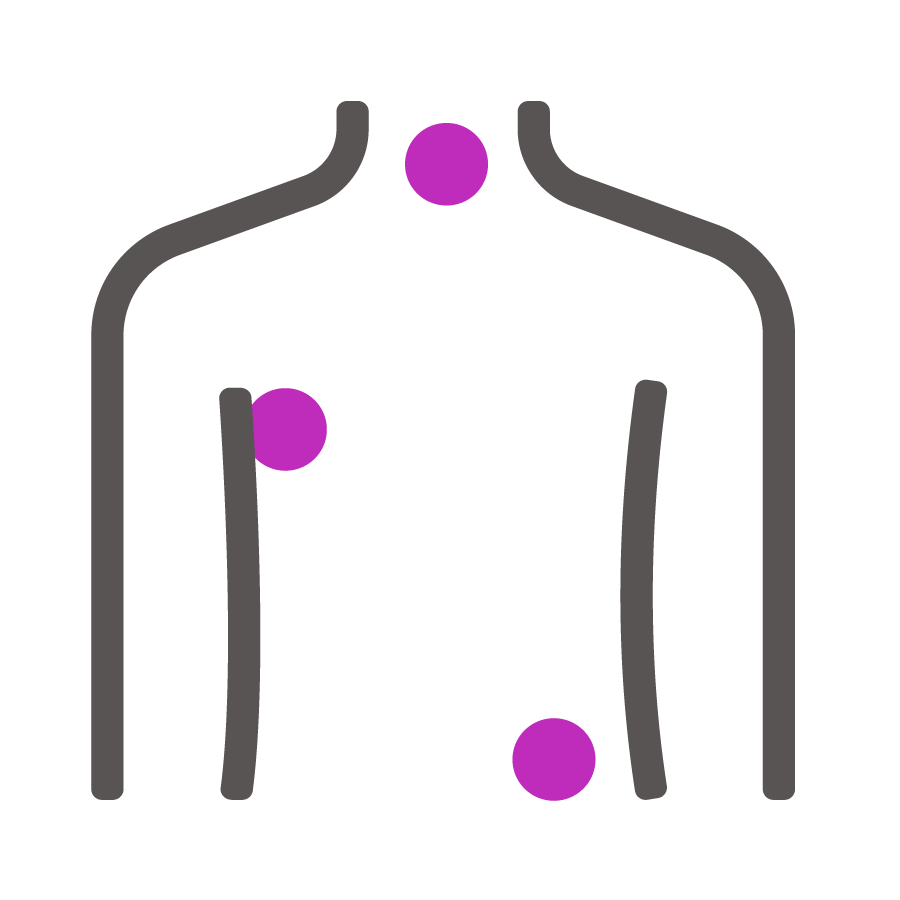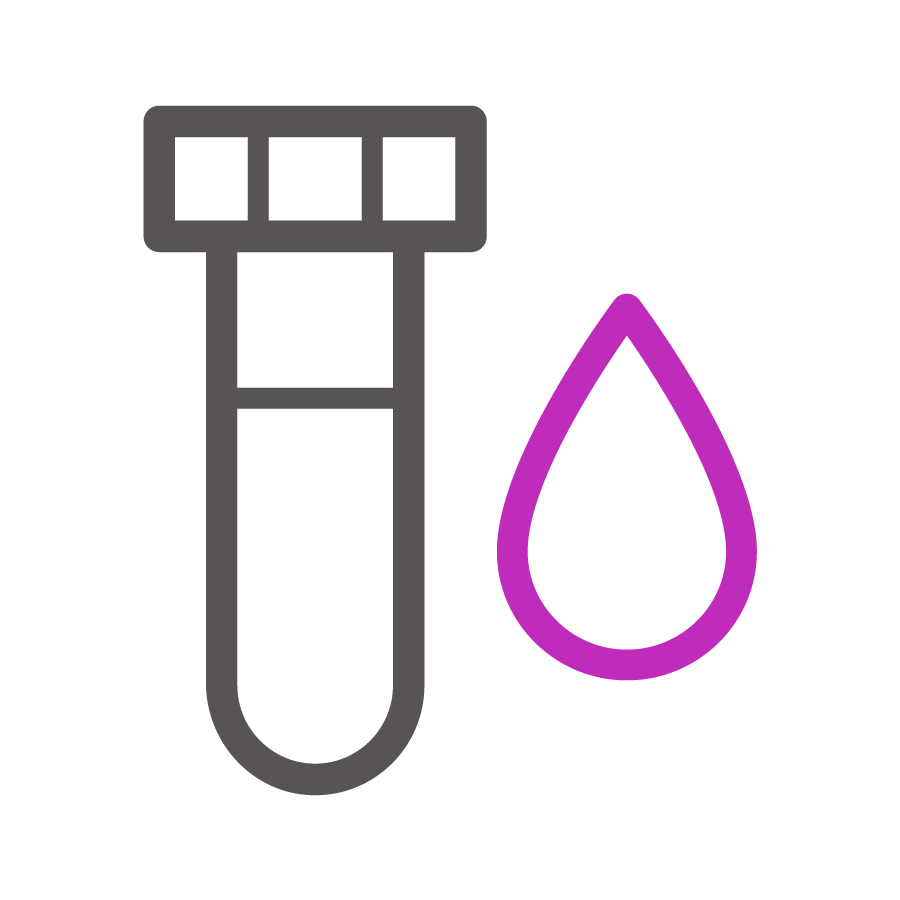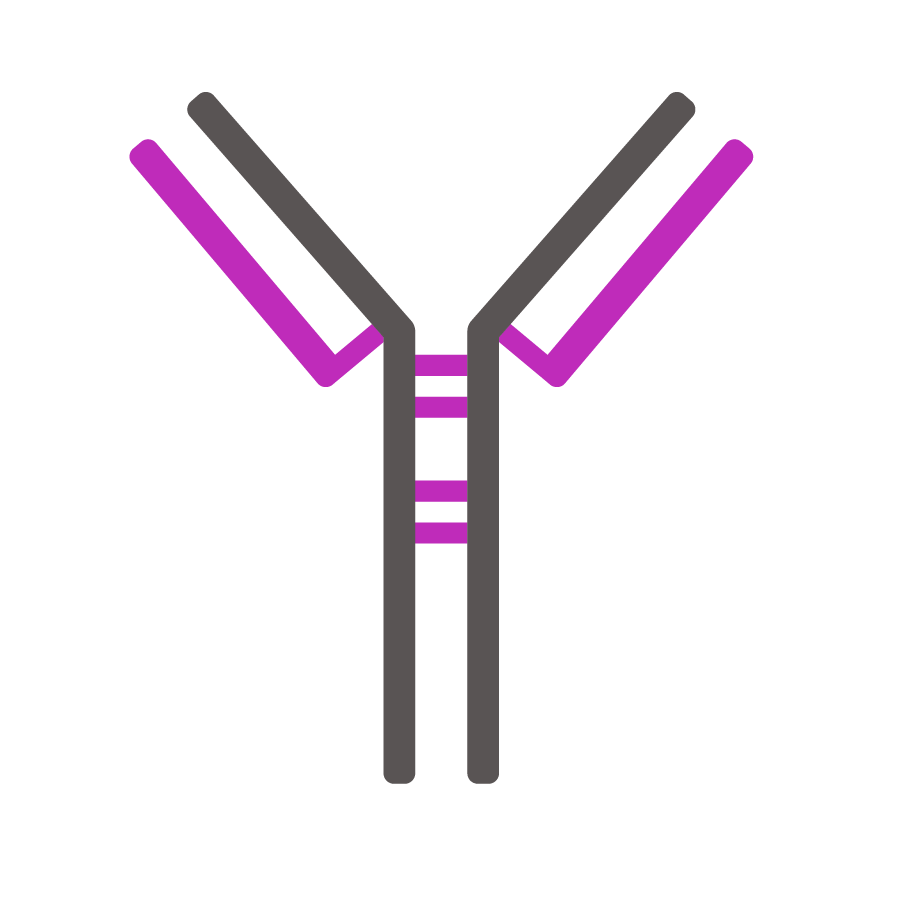Disease state resources
Mantle cell lymphoma (MCL) fact sheet
June 29, 2024
Mantle cell lymphoma (MCL) is an aggressive, rare form of non-Hodgkin lymphoma (NHL) that originates in the “mantle zone” of the lymph nodes and is most commonly found in the lymph nodes, bone marrow and spleen.
MCL originates from white blood cells and accounts for about 5% of lymphomas. MCL occurs when there is an overproduction of a protein called cyclin D1.
While MCL can be slow growing, it tends to be an aggressive and incurable disease, and requires immediate treatment.
Incidence
 |
An estimated 80,600 people will be diagnosed with NHL in the United States in 2024. |
 |
MCL represents about
|
Signs and symptoms
An estimated 80% of MCL patients have symptomatic disease. Some signs and symptoms may include:
 |
 |
 |
 |
 |
 |
Weight loss |
Fatigue |
Fever |
Night sweats |
Nausea and/or vomiting |
Swelling in the lymph nodes, particularly in the neck, armpit or groin. |
Diagnosis
MCL is often diagnosed at stage 4.
Blood tests are needed to receive accurate diagnosis and determine treatment, but additional tests may include:
 |
 |
 |
Comprehensive metabolic panel |
Bone marrow tests |
Lymph node biopsy |
Prognosis
 |
MCL usually responds well to frontline treatment but patients may experience relapse and/or become refractory (R/R) to initial therapy. |
 |
Median overall survival for R/R MCL patients is between 9 and 41 months. |
 |
These patients currently have limited treatment options available. |
Treatment options
Early lines of therapy involve targeted agents, including Bruton tyrosine kinase (BTK) inhibitors. Other treatment options include:
 |
 |
 |
 |
 |
Stem cell transplant |
Radiotherapy |
Immunotherapy |
Chemotherapy |
Cell therapy |
It is important for people with MCL to understand their disease, recognize signs and symptoms and talk to a healthcare professional about available treatment options.
© 2024 Bristol Myers Squibb. All rights reserved. HE-US-2400466 05/24.
